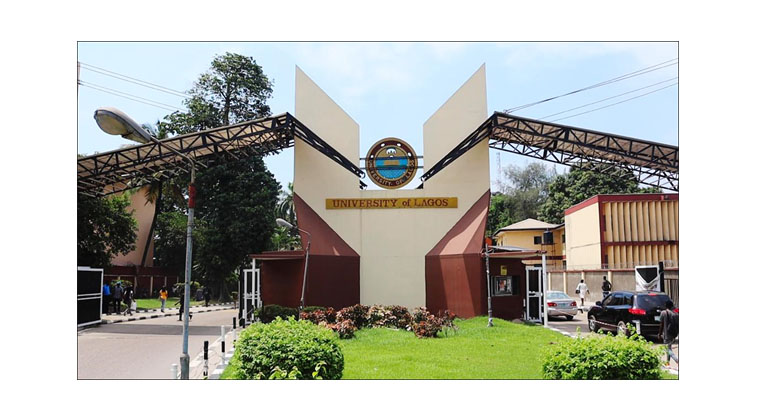Sets up committee to coordinate MDAs, proposes draft skills qualifications bill
The National Council on Skills (NCS) has established a committee on coordination of Ministries, Departments and Agencies (MDAs) as well as States Programmes on Skills to tackle critical issues in the skills development sector.
Headed by the Minister of Education, Prof. Tahir Mamman, the committee’s terms of reference include identifying skill trainings in MDAs and states, identifying dominant skills in the private sector, and devising strategies for standardisation, recognition, and certification.
The Council also proposed a draft bill for the Nigerian Skills Qualifications Framework (NSQF) aimed at developing the skills of the nation’s workforce and improving the quality of skilled workers.
A separate committee chaired by the Minister of Women Affairs, Barr. Uju Kennedy-Ohaneye, has been tasked with reviewing the draft bill.
Addressing the 4th National Council on Skills meeting on Friday at the Presidential Villa, Vice President Kashim Shettima reiterated the importance of seizing opportunities, particularly in the digital space.
“India is expected to earn $100 billion from outsourcing alone this year. We have a lot of unemployed graduates who can work comfortably from their homes and earn a minimum of $40,000 per annum. If we have one million Nigerian youths working in the digital space, we will earn more than what we generate from the sale of crude oil, and it will have a multiplier effect on our economy,” VP Shettima stated.
He urged the committees to work diligently as a team to address the challenges in the skills development sector, emphasizing the need to focus on high-earning skills in the rapidly changing global landscape.
Earlier, the Minister of Education, Prof. Mamman, noted the importance of integrating skills into the entire education sector for Nigeria’s true transformation.
“The whole idea is to bring skills into the entire education sector if Nigeria is to be truly transformative. The work of this council will be a major driver in accomplishing that,” he said.
Professor Mamman also highlighted the need for conducting skills surveys and labour market information to provide policymakers with reliable and timely data on job quality, skill gaps, and policy design for poverty reduction.
The NSQF aims to establish a system for the development, recognition, and enforcement of Technical and Vocational Education and Training (TVET), and Skills Qualifications.
It seeks to harmonize the actions of all stakeholders within the Skills Development Eco-System for synergized efforts toward the country’s contemporary developmental agenda and encourage public-private partnerships for workplace training and learning.











